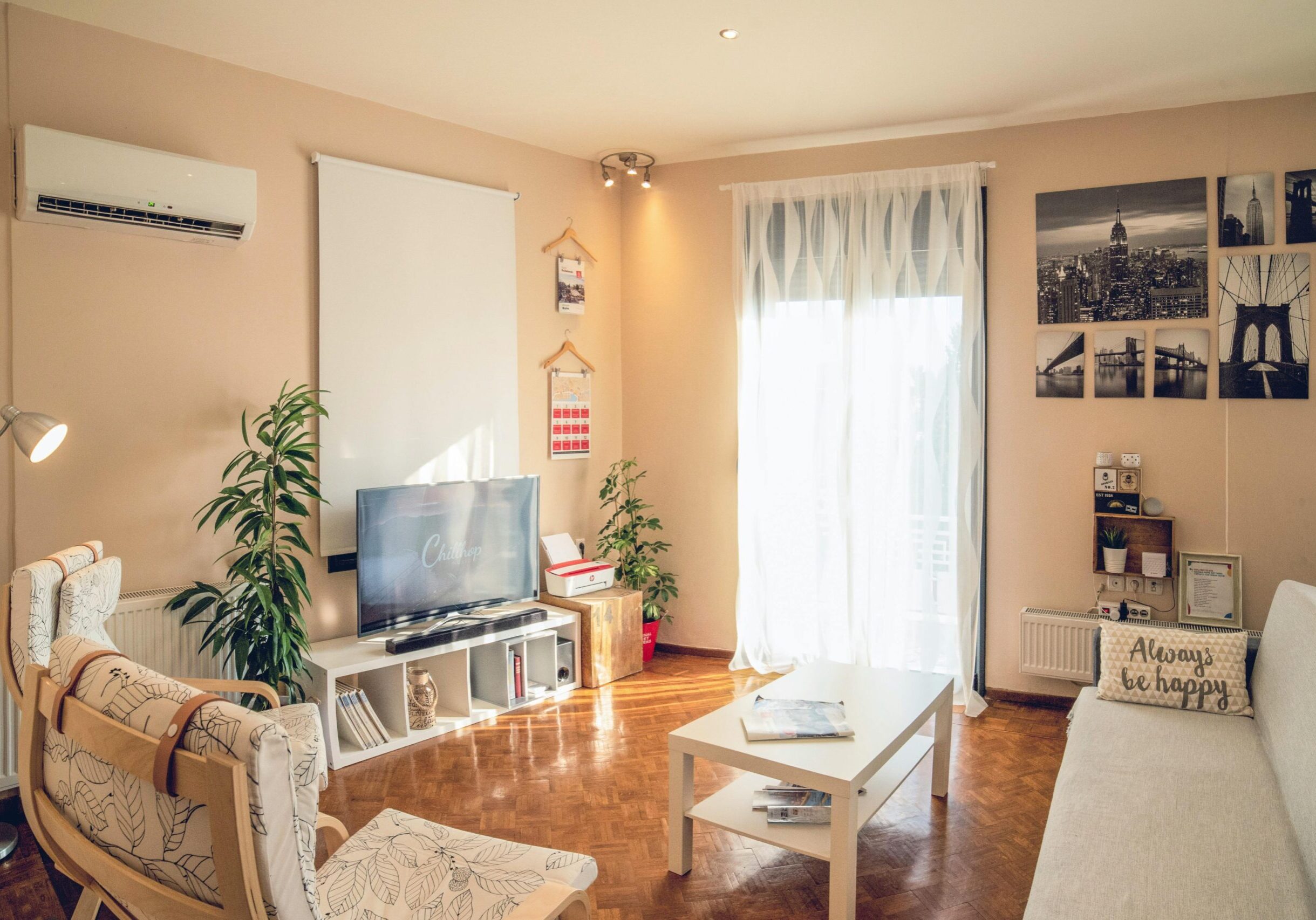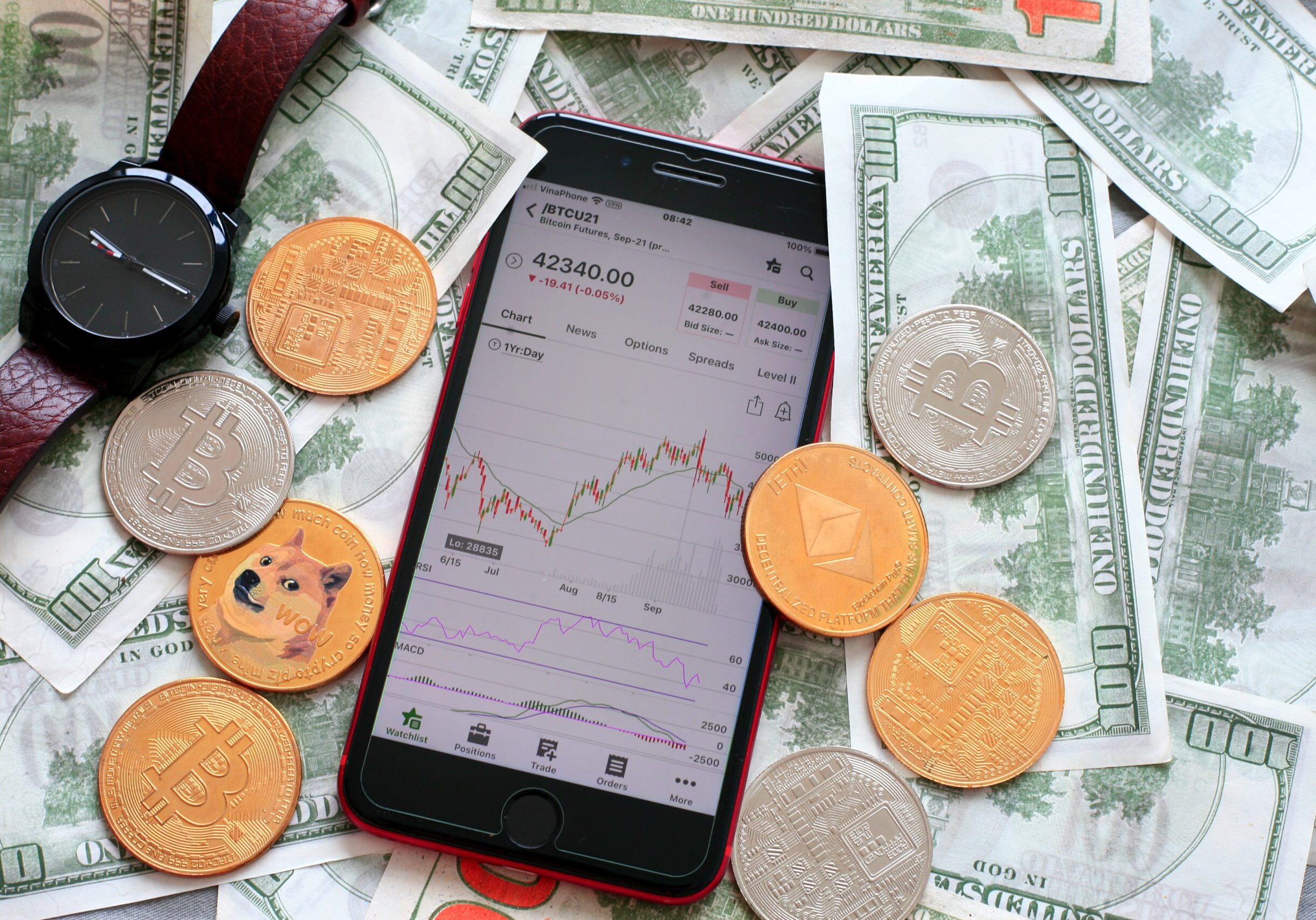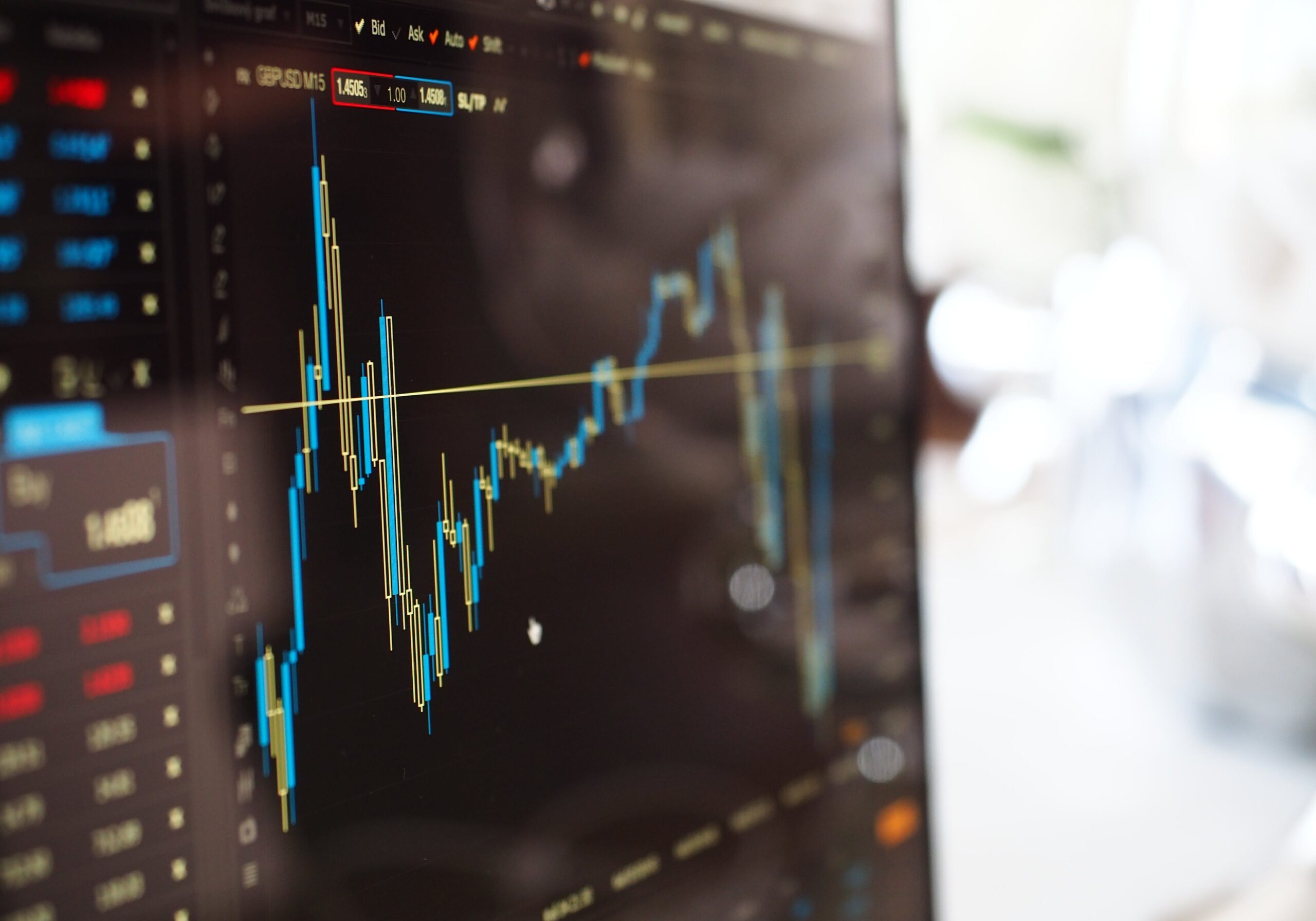Blogs
All
- All
- Business
- FAQS
- Fine Print
- Investments
- Property
- Structures
- Tax
- Uncategorized

INVESTING IN NEW ZEALAND PROPERTY
Investing in New Zealand Property: A Comprehensive Guide Investing in property has long been a favored avenue for wealth...

GST APP TAX REGULATIONS: WHAT YOU NEED TO KNOW
GST app tax regulations: What you need to know! Commencing April 1, 2024, platforms offering ride-sharing, food delivery, and...

NAVIGATING THE CRYPTO LANDSCAPE: HOLDING, STAKING AND TRADING
Introduction Navigating the Crypto Landscape: Holding, staking and trading; it can appear quite daunting! Cryptocurrency has taken the financial...

INVESTING: DON’T PUT ALL YOUR EGGS IN ONE BASKET
Diversify Your Investments: The Key to Financial Freedom Investing: Don't put all your eggs in one basket, they say....
Pages
Useful Links
Services
Contact Details
Phone: 0800-890-132
Email: support@epsomtax.com
Fax: +64 28-255-08279
EpsomTax.com © 2021


